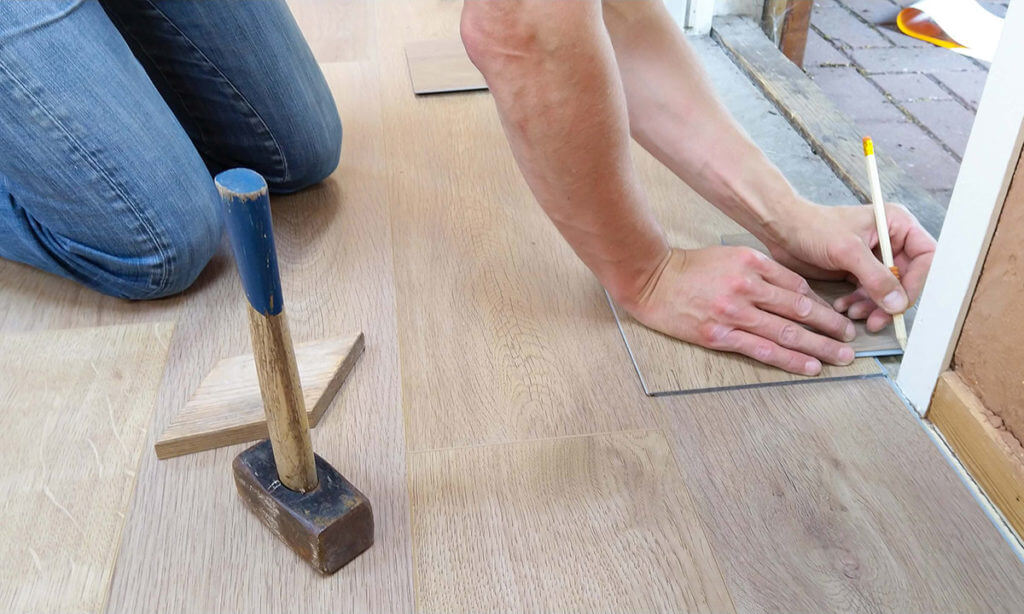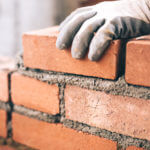
Home renovations can be an exciting process for those involved. Making changes to a kitchen, living room, or dining area can allow homeowners to both express themselves how they please and make their residential real estate as livable as possible. However, if a renovation process damages a home, homeowners will want the damage covered by their insurance policy.
Fallen ladders, broken pipes, scratches, and more can all damage a home during the renovation process, necessitating costly repairs in addition to renovation costs. Understanding who is responsible for the damage and what is and isn’t covered is incredibly important.
Renovation Damages and Homeowner’s Insurance
In some cases, a homeowner’s insurance policy covers damages to a home, even if the damage is related to renovations. This is because most renovations come with the risk of damaging the existing property. Even if homeowner’s coverage is available to cover your renovation damage, it doesn’t necessarily guarantee your total loss will be covered – it depends on particular terms contained in your insurance policy. For instance, if home renovation damage occurs, but such damage is not specifically named within the insurance policy, it’s likely it won’t be covered.
Some common scenarios in which homeowner’s insurance may not cover renovation repair issues include:
- When the renovation is completed, a homeowner may not like the work that was done; however, disliking the work doesn’t mean it’s covered under an insurance policy.
- Insurance companies generally won’t provide coverage if work was done poorly and needs to be redone; but, if this happens, a homeowner can potentially file a claim with the contractor’s insurer.
- While the policy may cover the existing home during a remodel, its protections will not extend to newly built rooms or additions to the home because they increase in property value, necessitating an increase in the limits of the existing policy.
- If a homeowner does their own renovations, the work may not be covered by an existing insurance policy. When a homeowner acts as the contractor or project manager, they may need to obtain separate builder’s insurance.
- Leaving a residential property vacant during a renovation is common; however, if the home is vacant between 30 to 90 days, the homeowner’s insurance policy may become void.
- Lacking the necessary permits for renovations can potentially void an insurance policy.
When damage to a home occurs, it can be incredibly frustrating for the owner to deal with. Homeowner’s insurance is essential to prevent losing any value on your incredibly important real estate investment. While homeowner’s insurance is designed to protect the homeowner in the event a home is damaged, insurance carriers often fail their policyholders by delaying, denying, underpaying, or disputing necessary repairs needed for a home.
Houston Residential Property Damage Attorneys
Insurance companies are held to specific legal standards when processing policyholders’ claims. If your home has been damaged and your subsequent insurance claim has been disputed, denied, unnecessarily delayed, or undervalued, having the help of an experienced insurance attorney can help. At Raizner Slania LLP, we know the tactics insurance companies use to avoid paying legitimate claims; and, we have experience holding them accountable. If you or someone you know suffered property damage and need the assistance of an experienced attorney, contact Raizner Slania LLP today.


